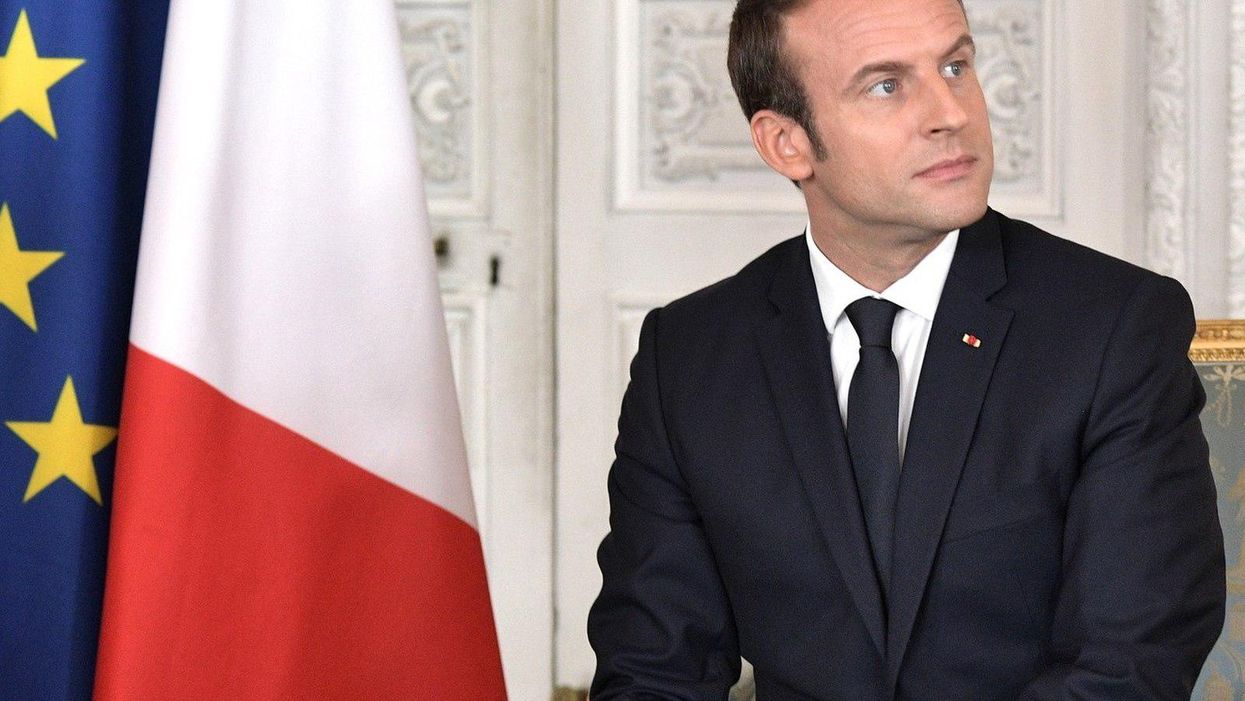Paul Krugman Explains How France Has 'Done Better' Ecnomically During Covid
ess.
“For as long as I can remember,” Krugman writes. “U.S. media coverage of the French economy has been relentlessly negative…. The data never actually supported this negativism. What was really going on, I believe, was that business and economic discourse in the United States is strongly shaped by conservative ideology — and given that ideology, France, with its huge social expenditure, high taxes and extensive economic regulation, should have been a basket case. So, reporting about France seized on every negative development as a sign that the long-awaited disaster was finally arriving.”
Krugman adds, however, that the French government’s economic policies have worked well during the pandemic. France, he notes, has “not only managed to avoid a huge plunge in employment, but has also surpassed its pre-pandemic level.”
“My sense is that many Americans still imagine that France suffers from mass unemployment — a vision that had some truth to it 25 years ago but has long been out of date,” Krugman writes. “And prime-age employment is where France has done astonishingly well during the pandemic…. How did it do that?”
Krugman continues, “When the pandemic forced economies into a temporary lockdown, Europe, France included, and the United States took divergent routes toward supporting workers’ incomes. We offered enhanced unemployment benefits; France offered subsidies to employers to keep furloughed workers on the payroll. At this point, it seems clear that the European solution was better, because it kept workers connected to their employers and made it easier to bring them back once vaccines were available.”
The economist notes that although France has “its anti-vaxxers,” the country has a higher COVID-19 vaccination rate than the United States. Nonetheless, Krugman points out that American liberals and progressives shouldn’t think that France is idyllic.
“I don’t want to romanticize the French economy or French society, both of which have plenty of problems,” Krugman observes. “And liberals who like to imagine that we could neutralize the anger of the White working class by raising wages and strengthening the social safety net should know that France — whose policies are to the left of U.S. progressives’ wildest dreams — has its own ugly White nationalist movement, albeit not as powerful as ours.”
The economist adds, “Still, at a time when Republicans denounce as destructive ‘socialism’ any effort to make America less unequal, it’s worth knowing that the economy of France — which isn’t socialist but comes far closer to socialism than anything Democrats might propose — is doing pretty well.”
Republished with permission from Alternet


